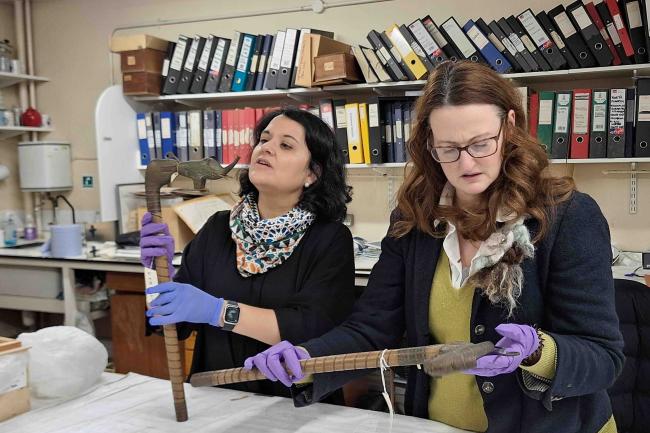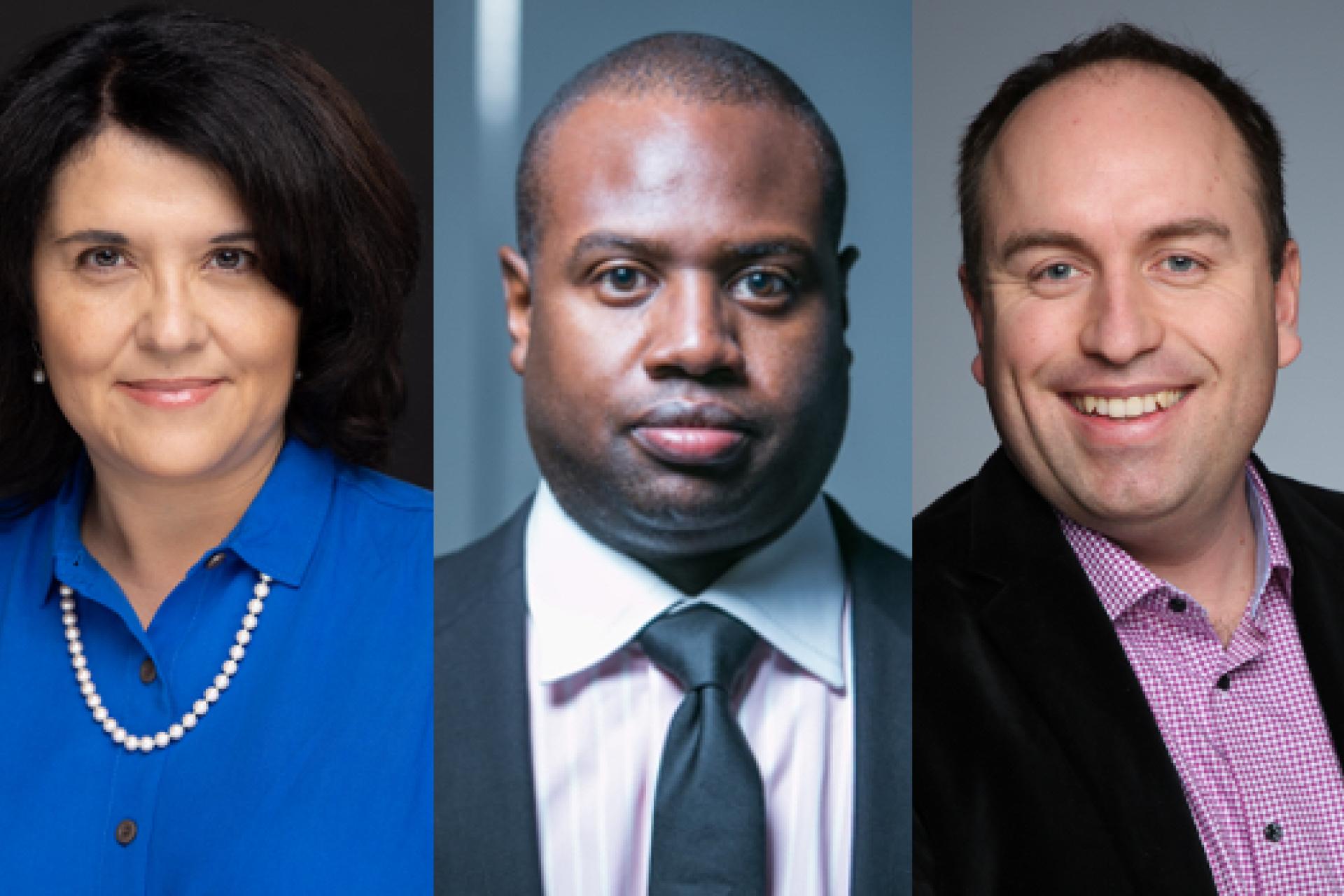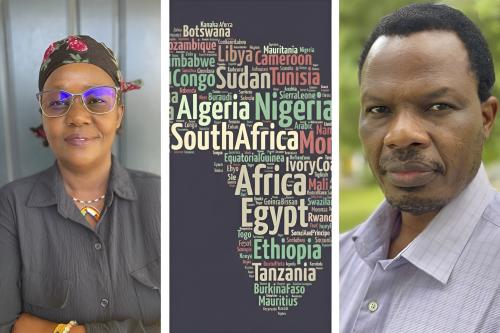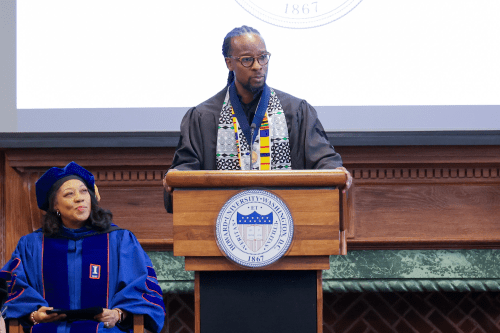The awards were selected as part of the inaugural ACLS HBCU Faculty Fellowship and Grant Program. The program offers financial support, research assistance, and networking opportunities to faculty at Historically Black Colleges and Universities (HBCUs). ACLS is a nonprofit federation of 80 scholarly organizations that has supported and amplified American scholarship in the humanities and interpretive social sciences since 1919.
“We are grateful to the American Council for Learned Societies for shining a light on the range and vitality of academic work in development at Howard University,” said Howard University President Ben Vinson III, Ph.D. “These latest fellowship and grant awards represent an important part of ongoing efforts to ensure that Howard and other HBCUs receive the recognition that they so richly deserve for nurturing generations of brilliant humanities scholars.”
Araujo will use the $40,000 fellowship to support her current book project, "The Power of Art: The World of Black Artists Made in the Americas,” under contract with Cambridge University Press. The book tells the story of enslaved artists and artisans and their works created in the Americas during the 18th and 19th centuries. Araujo is the author of several books on the history of slavery and the Atlantic slave trade and has always been interested in visual art and material culture. She has two Doctors of Philosophy degrees - one in art history and a second in social and historical anthropology.
“The ACLS award is a very generous fellowship and provides great latitude to support me in researching and writing my book,” Araujo said. “The award will allow me to fill research gaps by visiting archives and museum collections in the United States and abroad.”
Entitled “Race Contacts and Interracial Relations,” Carter’s book examines a rare collection of Alain Locke’s lectures delivered at Howard University in 1915 and 1916. The lectures remained unpublished throughout his lifetime. He said his project builds on recent archival research conducted at the Howard University Moorland-Spingarn Research Center.
“The volume brings the philosophical insights of an important African American theorist directly to bear on metaphysical, normative, and practical questions currently at issue in the philosophy of race,” Carter said, who also serves as the director of the Alain Leroy Locke Society, and also serves as the editor of the African American Philosophy and the Diaspora Book Series published by Palgrave/Macmillan.
The $10,000 grant to Eliseo Jacob will enable him to produce a digital humanities project, Afro-Artivismo: Activist Cultural Practices in Urban Spaces, which complements his ongoing research on literary and cultural representations of race and identity within the context of urban space in Latin America. The project originated from field research Jacob completed through his participation in the U.S. Fulbright Scholar Program in São Paulo in the summer of 2022.
“São Paulo's population is 37 percent Afro-descendant, making it the city with the largest Afro-Brazilian population in Brazil in terms of numbers,” Jacob said. “A vibrant cultural arts scene has emerged in the outskirts with writing collectives, hip-hop, theater companies, and musical groups using their art not only for entertainment, but as a form of community engagement and activism.”
Jacob said he plans to use resources from the grant to present his project at professional conferences, including the 2024 Latin American & Caribbean Digital Humanities Symposium. Araujo said she planned to use the award to organize a series of talks at Howard University focusing on visual and material culture of slavery.
Photo: Araujo engaging in research at the Museum of Archaeology and Anthropology of University of Cambridge, in Cambridge, UK, on December 14, 2023, with Rachel Hand (Collections Manager, Anthropology). Credit: Rebecca Rees.
###
About Howard University
Founded in 1867, Howard University is a private, research university comprising 14 schools and colleges. Students pursue more than 140 programs of study leading to undergraduate, graduate and professional degrees. The University operates with a commitment to Excellence in Truth and Service and has produced three Schwarzman Scholars, four Marshall Scholars, four Rhodes Scholars, 12 Truman Scholars, 25 Pickering Fellows and more than 165 Fulbright recipients. Howard also produces more on-campus African American Ph.D. recipients than any other university in the United States. For more information on Howard University, visit www.howard.edu.
Media contact: Sholnn Freeman; sholnn.freeman@howard.edu






